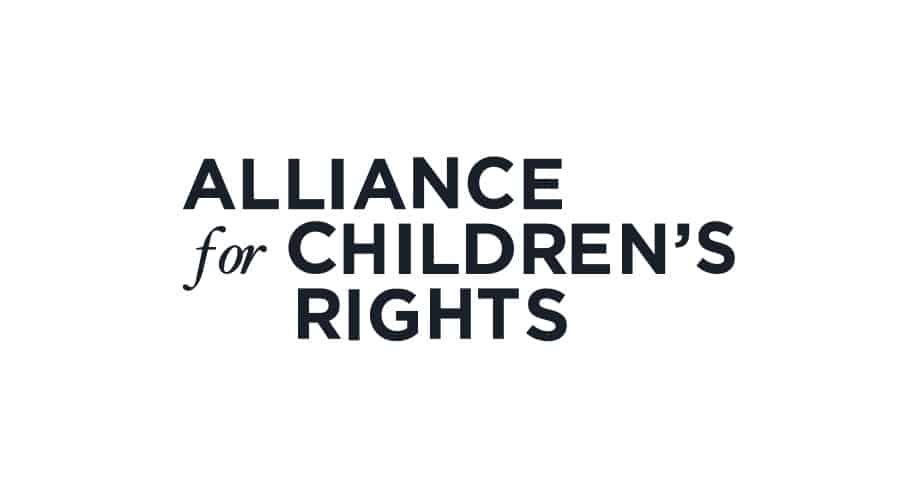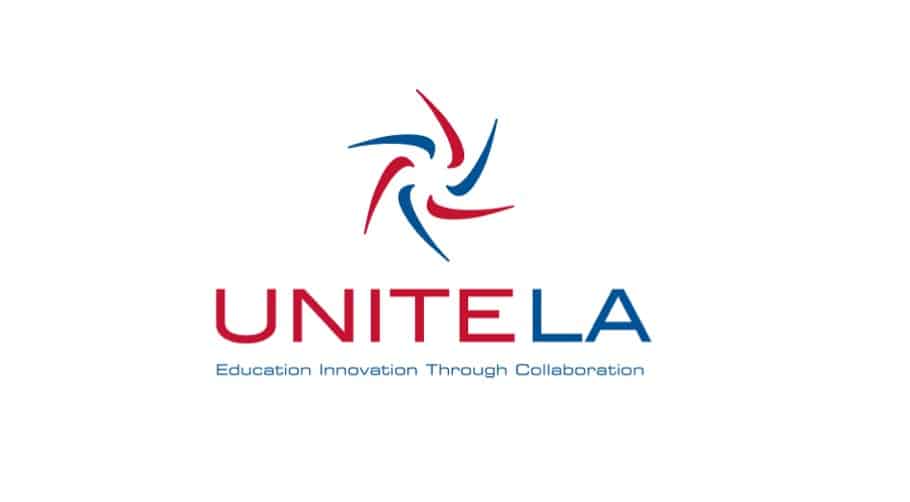
Campaign launched by the OYC in 2022
Co-Convened by Long Beach Office of Youth Development, LBWIN, and Long Beach Unified School District
The Long Beach Foster Youth Futures Coalition is a cross-sector partnership committed to improving education, career, and life outcomes for Opportunity Youth (OY) – particularly foster youth – ages 16 to 24 who are disconnected from school or work. Formed in response to rising youth disconnection rates, the Coalition brings together schools, workforce agencies, higher education institutions, city departments, and community-based organizations to create coordinated, youth-centered pathways to success. Grounded in trust and a shared vision, partners collaborate through planning, shared frameworks, and tools to align services, identify barriers, and strengthen supports.
Impact highlights include:
Foster youth FAFSA completion rates increased from 41% to 82% in three years
Expanded access to workforce programs through targeted outreach at high-need schools
Aligned with Long Beach’s Youth and Emerging Adults Strategic Plan, the Coalition prioritizes academic success, career development, community connection, and youth leadership.
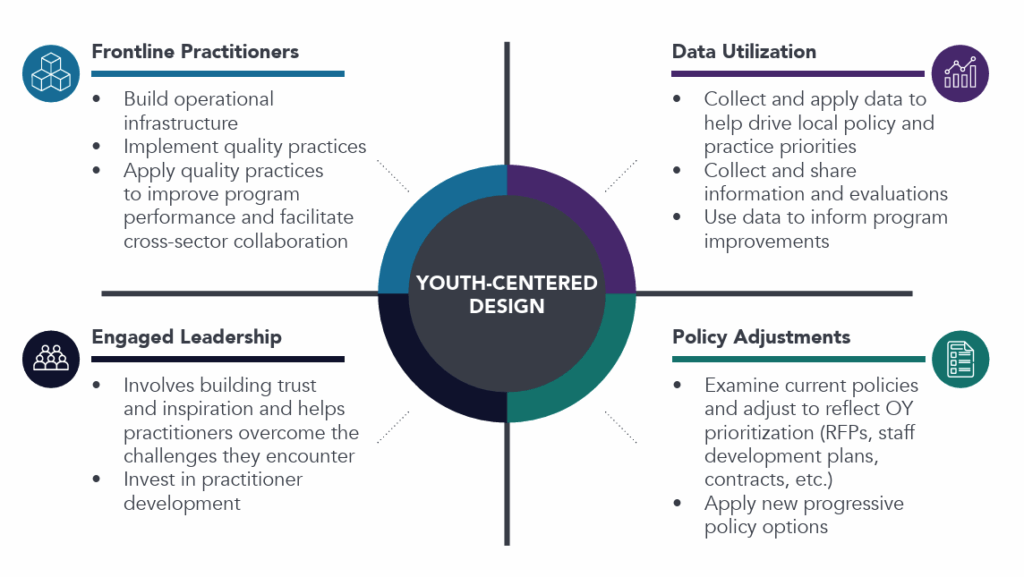
In an effective cross-system collaborative, partners in a system-building effort focus on the following:
Coalition partners engaged in self-assessment and shared their organizational strengths and gaps in each area outlined by the framework. They also held ongoing discussions about how to best brand the Long Beach collaborative effort. Given the initial focus on foster youth transitions, the group decided to name themselves the Long Beach Foster Youth Futures Coalition.
The Coalition demonstrated the power of cross-institution collaboration by creating the Connection Continuum Calendar. This calendar helped the Coalition map timelines, identify service gaps, and sequence new opportunities for youth. By presenting activities in a single timeline, partners expanded available services while also tracking progress, ensuring accountability, and staying aligned.
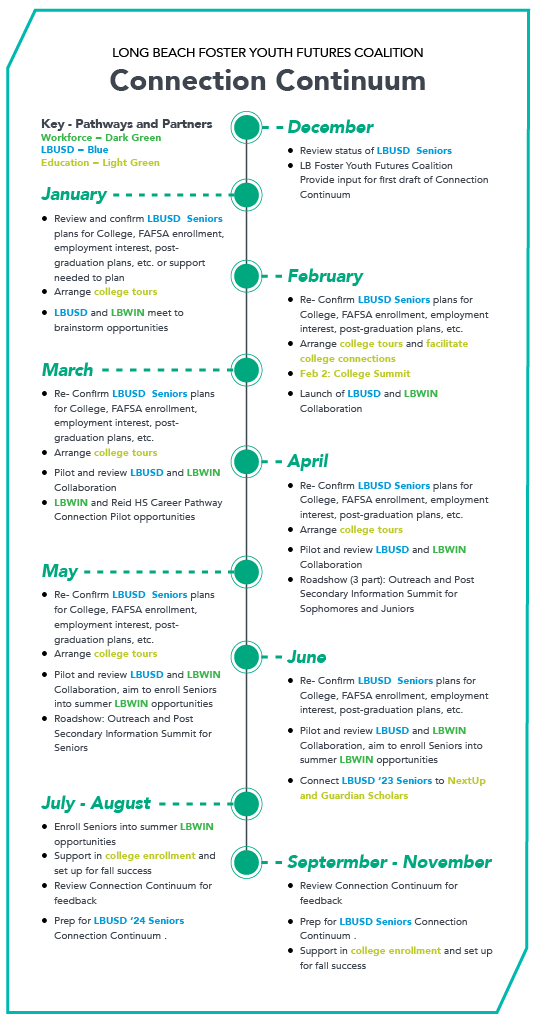
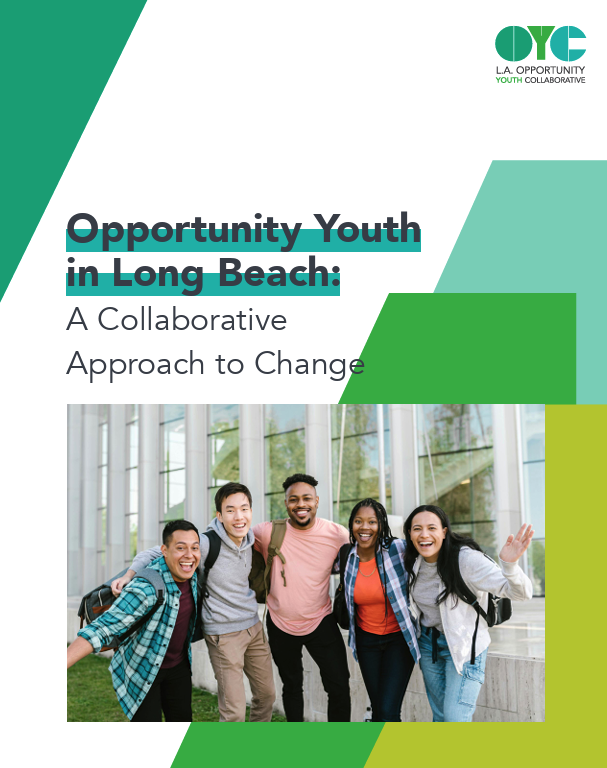
Alliance for Children’s Rights
California State University, Long Beach
Children Youth and Family Collaborative
Long Beach Economic Development Department Workforce Development Bureau and Long Beach Workforce Innovation Network
Long Beach Department of Health and Human Services, Office of Youth Development
Long Beach Unified School District
Long Beach City College
Los Angeles County Office of Education
Los Angeles County Department of Children and Family Services Los Angeles County (DCFS)
Los Angeles Harbor College

Campaign launched by the OYC in 2013
Convened by the Alliance for Children’s Rights and UNITE-LA
Foster Youth at Work engages public workforce and child welfare agencies in LA County in devising collaborative, systemic solutions to improve foster youth connection to work readiness training, early work experiences, and pathways to sustainable careers.
“When this campaign was first launched, only 80 foster youth were enrolling in the County’s youth jobs programs each year. This year, 866 foster youth participated in a paid work experience thanks to the collaborative leadership of LA County’s child welfare and workforce systems.”
— David Rattray
President & CEO, UNITE-LA
866 youth in foster care were placed in paid work experience, an increase of over 15% from the previous year.
